Literature, Identity, and Self-Worth
by Lisa VanDamme
The following is a thank you letter written to me by an 8th grader graduating from VanDamme Academy after having attended the school for two years. In Why Read? I explain my goal in teaching literature. It is gratifying to know how deeply this student understood.
Dear Miss VanDamme,
At the beginning of seventh grade, literature did not mean much of anything to me. I subconsciously understood the themes and repeated them in writing, but I did not act based on their ideas. At the beginning of this year, I understood far more how much literature can teach me. This became apparent when Michelle and I started reading Atlas Shrugged. We figured out that the only way we could begin to understand the book was to read each line, speculate, think, and ask questions to each other that would highlight what we thought the important ideas were. It worked to some extent at least; I managed to read Galt’s speech without my head exploding, so I would consider your method a success. The only way that I can truly thank you is by explaining what literature has taught me and how it has changed my life already, not to mention how it will change the rest of it.
Great works of literature as shown to me in your class have introduced me to characters that I never would have thought of as real before. They beautifully embodied both virtues and vices. I came to treat actions of honor in the same respect as their epitome: Cyrano de Bergerac. Rationality has come to mean more to me when I see it practiced by Atticus Finch and Howard Roark. Prejudice has never before meant the same degree of evil in my mind than when it was carried out by Bob Ewell. Revenge’s motive power and all-consuming nature was presented to me in stunning fashion in The Count of Monte Cristo. These characters allowed me to look at virtues as real, not just a mystical value above my everyday life. I try to apply what I can of these ideas in my life, and it is only through reading, and understanding, these books that I have been able to improve how I look at myself, and the world.
Literature has given me principles that I can follow – not necessarily just virtues, but how they are used in practice. The themes of the novels allow me to understand an idea, and have it represented in a virtuous hero. To Kill a Mockingbird showed me the power of a person in staying a mindless mob. I now know that a single person can have power in their mind and soul and stand for what they believe in through The Fountainhead. I had heard the cliché ‘do what you believe in,’ before coming to VanDamme Academy, but I never knew what I could actually do to do that, or what qualified as ‘what you believe in.’ It seemed that whenever I decided I believed in something, nobody would care, or they would be opposed to it and I was forbidden from taking action in favor of it. I understand through literature what it actually is to believe in something and what makes it worth fighting for.
Without this class, I never would have been able to think for myself, only trust. Now, for me, I do not ask others to trust either, I ask them to know, to understand. I could not be who I am, and I am proud of who I am, without you. Literature has given me a new sense of individual identity and self-worth. For all of this, I cannot thank you enough.
– Always left,
Marek
“Always left” refers to a phrase from Hugo’s Ninety-Three. A man asks for directions that will lead him into the thick of battle, where he seeks a soldier he loves like a son. He is cautioned to avoid the battle, to save himself, to TURN RIGHT. Hugo ends the chapter by saying, simply, “He turned left.” For my 8th graders and me, this phrase has come to mean, “Make your own judgment and fight for your values.”


